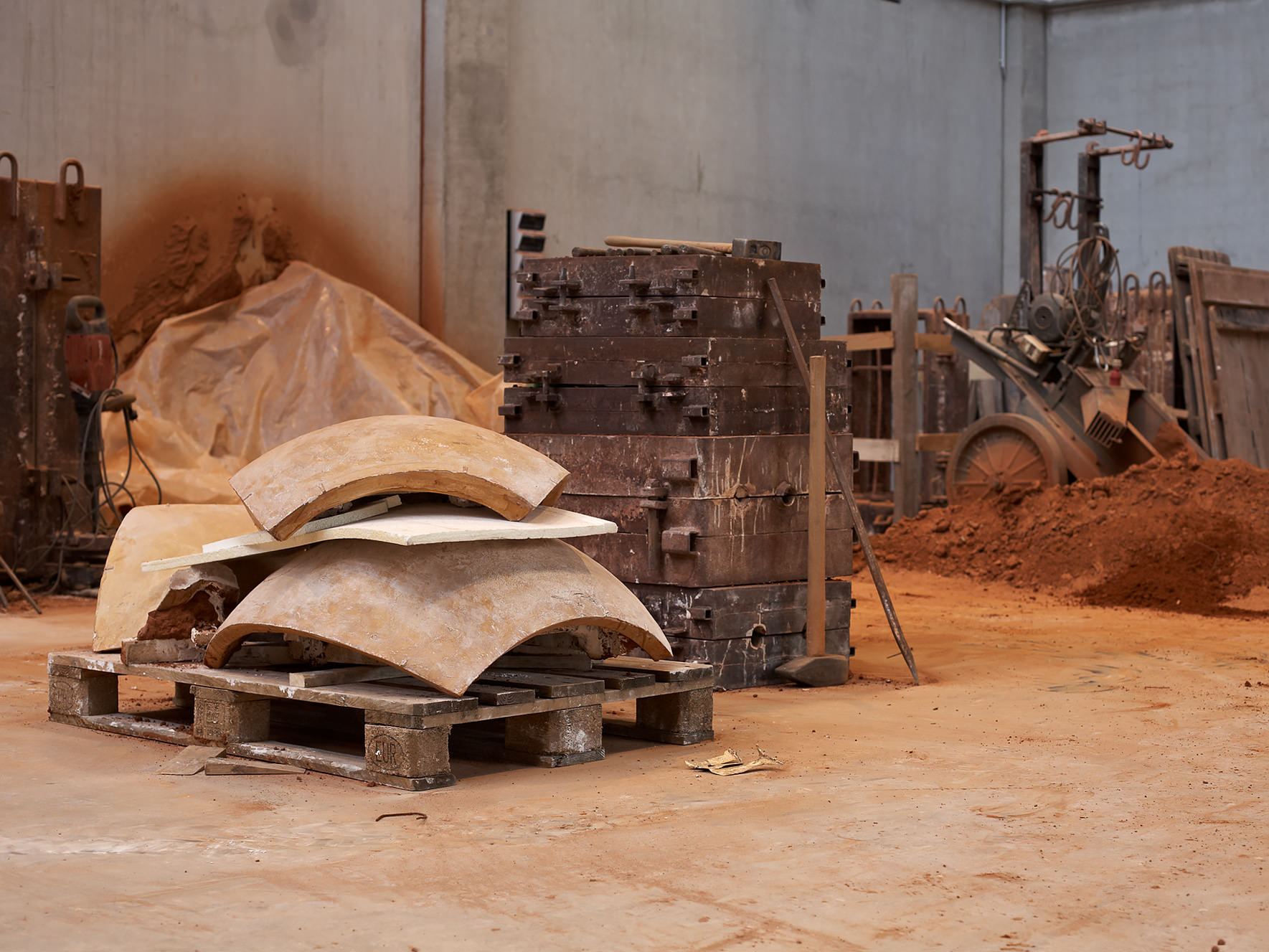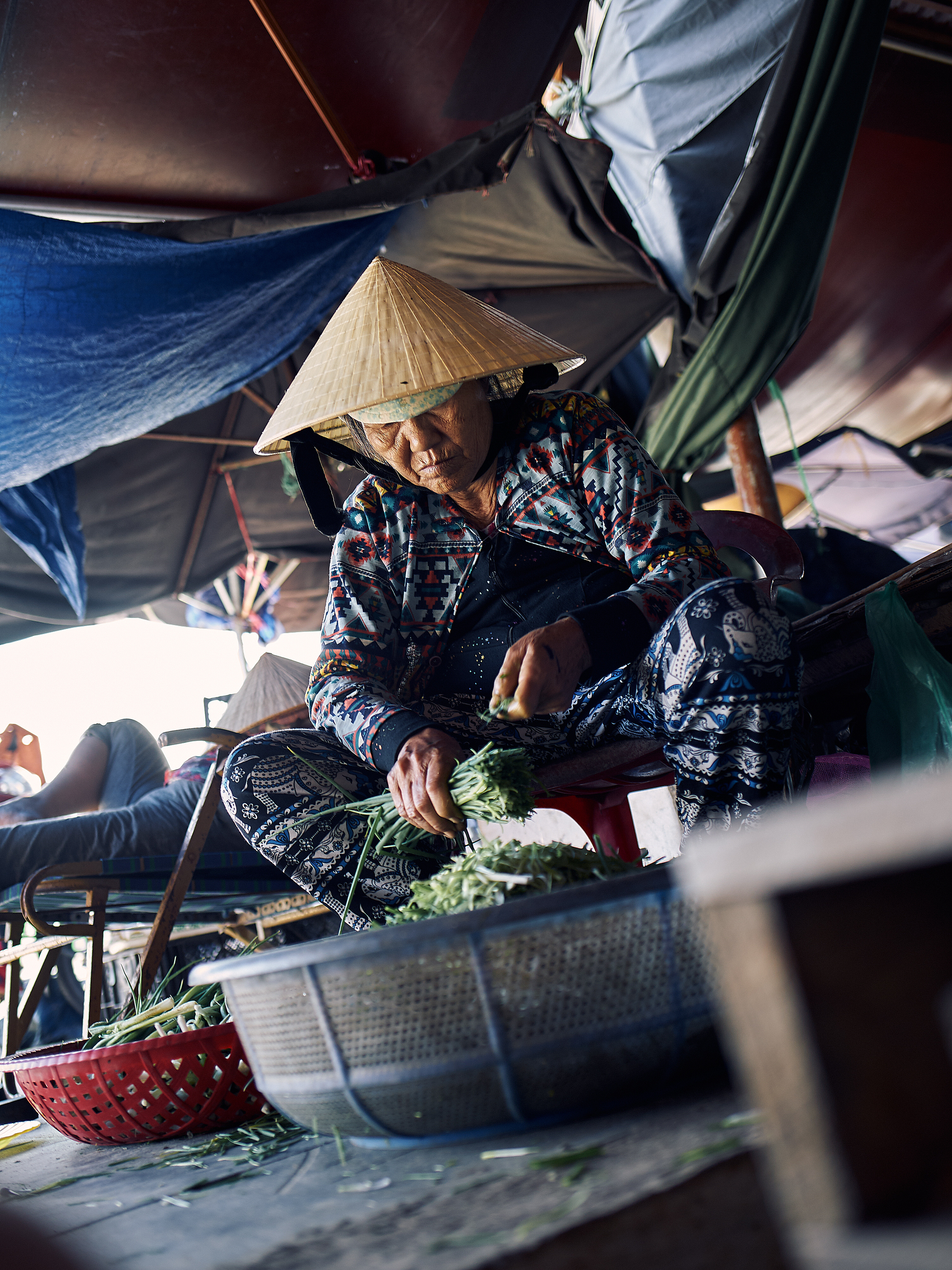












In Life, Change Is The Only Constant
Walking through volcanic landscape brought up thoughts in me that were there before, but I couldn't put into words. Just like our construction of reality, the ground on which we live is only seemingly solid. Always looking for stability and security, this insight scares many people. But only when we let go of the thought of being able to classify and control everything, the fragility of the landscape itself becomes apparent. And it is only when we embrace the idea of constant change that we are truly free.
What unites the Maori narratives, which differ somewhat among the tribes, is that they see the volcanoes around Tongariro as living creatures – in one version, high priest Ngatoroirangi traveled inland for the first exploration of the island. Climbing to the summit of Tongariro, he nearly froze to death from icy winds and called for help from his sisters in the distant Maori homeland of Hawaiki. They complied with his request in the form of fire under the earth, forming geysers and volcanoes along the way, and emerged at Tongariro to warm the priest. To this day, the volcanic landscape has a genealogical connection with the Maori's historic homeland and the mountains are revered as tribal ancestors.
Personally, I believe less in the embodiment of the landscape as in the dissolution of the supposed boundaries between humans and nature – "like living cells in a larger body" (Joanna Macy). All living creatures are members of the same family in an interconnected world and thus should be treated with humility and respect.
'In Life, Change Is The Only Constant' (Heraclitus).






